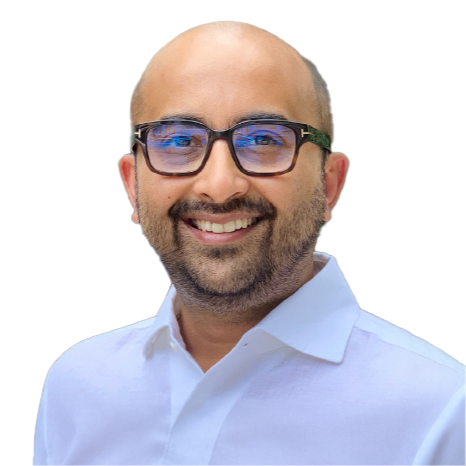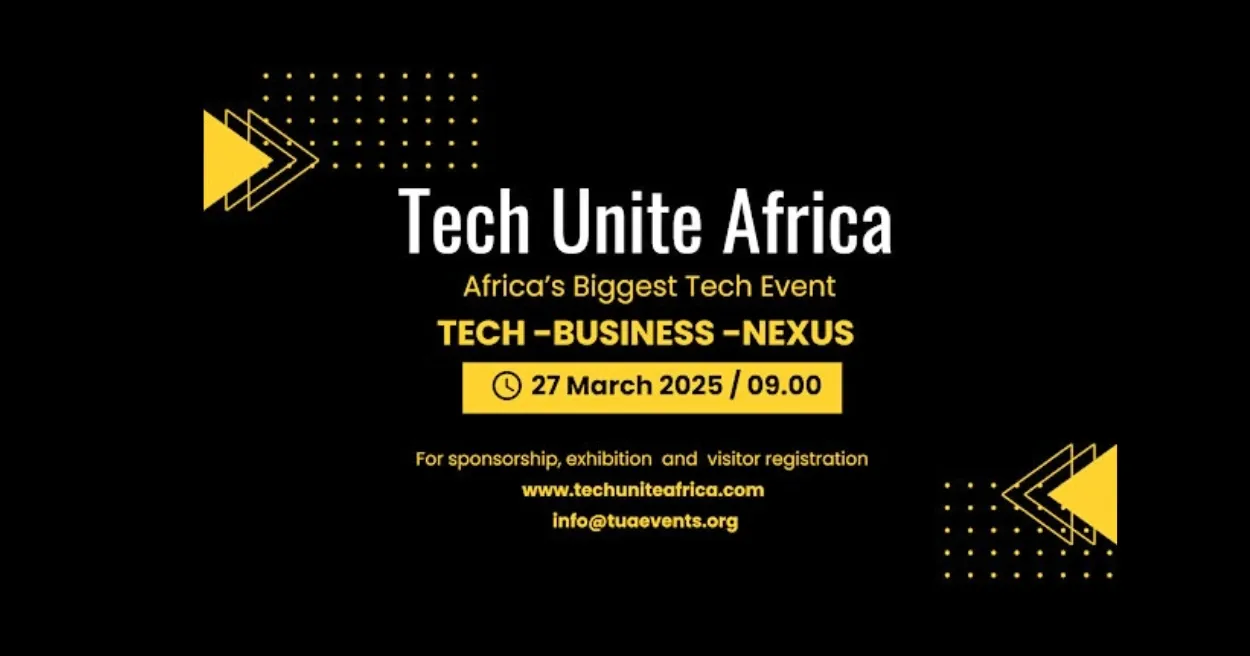In 2025, Algeria’s startup ecosystem is experiencing a transformative surge, fueled by strategic reforms and digital advancements that position the North African nation as an emerging tech hub.
Often eclipsed by larger African markets like Nigeria and Egypt, Algeria is now attracting attention with initiatives like the 2030 Digital Transformation Strategy and innovative funding vehicles.
Tech education leader Ramy, founder of SoCode School and host of Teku Podcast, shares exclusive insights on these developments, highlighting how they’re empowering founders in cities like Algiers and Constantine.
As Algeria pushes for economic diversification beyond hydrocarbons, with non-hydrocarbon exports reaching $5.1 billion, startups are at the forefront.
Recent partnerships, such as the African Development Bank (AfDB) collaboration announced at IATF 2025, aim to boost SMEs and startups across the continent.
This feature delves into key reforms, funding shifts, and infrastructure leaps reshaping Algeria’s tech landscape.
Top Algeria startup reforms 2025: Spotlight on FCPR venture capital
The 2030 Digital Transformation Strategy, officially unveiled in May 2025 under the slogan “For a Digital Algeria,” forms the backbone of Algeria’s tech ambitions.
This comprehensive roadmap, developed by the High Commission for Digitalisation, focuses on five axes, including infrastructure, human resources, and regulatory frameworks to achieve full digitisation by 2030.
Ramy is particularly enthusiastic about the FCPR (Fonds Commun de Placement à Risque), a venture capital vehicle enabling pooled investments from private and institutional sources.
“It will finally give the chance to private investors to build vehicles and start investing the right way, as it happens all over the world,” he explains.
He adds, “Because in the last 20 years, maybe, we had many ways to invest in, to do private equity in Algeria. But it wasn’t really the exact right way, because the companies doing that, the private equity companies, were doing that with their own money and with their own resources. So now it’s going to be way easier to convince private investors, whether it’s institutional, also, and private families or family offices, as we call it, to join and to be in these vehicles and create as many companies and many venture capital and fund managers to use that money to invest, especially in startups.”
Launched in 2025, the FCPR framework allows funds to start with as little as 50 million dinars and just two unitholders, marking a game-changer for fintech and VC in Algeria.
Afiya Investments became the first approved FCPR, streamlining capital access for startups.
In practice, this is already impacting founders. In Algiers, early adopters are pooling resources from family offices to fund scalable ventures, reducing reliance on personal capital—a limitation of the past 20 years.
For Algeria startup funding 2025, the FCPR addresses long-standing barriers, fostering a more mature ecosystem.
Algerian Startup Fund (ASF): Evolving funding landscape in 2025
Established in October 2020, the Algerian Startup Fund (ASF) has invested in over 130 startups, evolving from its early challenges with deal flow.
Ramy notes significant progress: “So in the last four years, many things have changed. The ISF was created in October 2020, and as you said, it has more than 130 investments. When I see the types of investment ISF is doing from 2021 to now, many things have evolved, and the processes are becoming better, the founders are becoming a little bit better, but as I also said, the deal flow quality is a real challenge for now.”
He emphasises the need for scalability: “We need to be able to train and to help the most or the biggest number of entrepreneurs and founders to be able to have a good startup that can actually scale, because one of the main objectives that I think we should have is to build international-ready startups. So yeah it became a little bit better even though the challenges with the SIRL not being able to really do the equity funding the right way because of the regular you know the regulatory challenges happening but this is another topic because it’s really a big one you know if you want to change the what we call the code de commerce in Algeria it takes a lot of time and I think that in the next five years some stuff will be happening because we will see a lot of good quality startups seeking investments and they should be able to do that with the these FCPR vehicles to have a good landscape for the whole in you know investment part and this is how I think it’s going to be possible. So the challenges are still here, we’re doing the best I believe with the fund that actually exists to be able to, you know, mix what we call medzanine with the equity funding to fund the startups until we will have the right, you know, the right regulatory armada to be able to do it the right way.”
The ASF offers equity investments across three levels to accelerate high-potential startups, with recent successes including three backed ventures securing $1.25 million in international funding.
However, gaps persist, such as SARL equity issues tied to Algeria’s Code de Commerce.
For entrepreneurs seeking Algeria venture capital 2025, training for scalable, international-ready pitches is key to tapping ASF resources.
Investment law and digital platforms
The 2024 Investment Law updates and the Algerian Agency for Investment Promotion (AAPI) digital platform have slashed bureaucratic hurdles, making Algeria more attractive for tech entrepreneurs.
Ramy highlights the digital shift: “As you know, in these last years, many, many administrations are getting more on the digital part and trying to use, you know, the internet the best way possible to have, you know, more transparency and giving access to the biggest number of Algerian people or Algerian entrepreneurs.
It had helped, I think, a lot of people who are seeking to invest in, you know, classical investments, like in industry, production, etc. For startups, everything that has been done for the startup ministry was digital.
You know, when you want to ask for a little startup label or incubator label, it’s done 100 per cent online. If you also want to ask questions or anything, there is a platform for that.
I mean, the platform that has been created, which is a startup.dz, you know, you have the contact email, and, you know, you get an answer if you want to ask a question. And also that the members of the ministry are really close to the entrepreneurs. And that’s amazing.
So, yeah, for the fintech side, you know, the e-commerce, it’s getting really, really quick. You know, the advancement is really quick, and the growth is really amazing.
You know, there are some, you know, legislative challenges also for the fintech side. And I think that it’s going to be a way, you know, banks are not moving as fast as the market, which is, you know, happening in many countries around the world.
And it’s becoming really clear to the banks and, you know, to the regulatory and the legislature that these changes must be happening as soon as possible.
At SoCode School, we are using technology, you know, as much as we can in managing our school and also having people to come and also for the e-payments and for payments on site with the terminals, etc. We’re trying to do our best, and I believe that many other startups are doing so.”
This is accelerating growth in fintech and e-commerce, sectors facing legislative challenges but showing rapid advancement.
Sweeping fintech reforms in 2025, including PSP (Payment Service Providers) frameworks, are modernising payments and attracting investors.
One standout is increased transparency and access, which is helping classical investors pivot to tech, as seen in industry and production ventures.
How Algeria’s internet surge empowers early-stage startups
With 35.5 million internet users, Algeria’s connectivity infrastructure is booming, thanks to projects like the Algerian Port Community System that reduce clearance times.
Ramy emphasises the impact: “In the last few years, we have had a huge advancement, especially in the infrastructure side, connecting millions of new Algerians with high-quality internet and trying to get them to use all the available tools, whether it’s software or hardware, to be able to, you know, enjoy the best way possible internet.
Yeah, many of the efforts being done by the Ministry of Telecommunication and what is serious as well is giving opportunity to startups to use, you know, to start in topics that were a bit different or harder in the past, like IoT, like drones as well, even though the regulatory, you know, side is yet challenging.
And also for startups to do, you know, embedded, you know, the, how we call it, you know, AI, in the different, you know, different tools like cameras, like other tools.
This is giving them a huge opportunity, and many startups actually are doing great on this side, and I believe that it can be really an interesting opportunity for the Algerian, you know, startups to be able to do that in the best way possible and have a great growth outside Algeria and especially in the region.”
This trickle-down effect benefits early-stage startups through tools like CERIST’s cloud services and drone hubs.
The Ministry of Telecommunication’s efforts align with the 2030 strategy, fostering innovation in previously tough domains.
For Algeria’s digital infrastructure 2025, these advancements are crucial for startups aiming for real-world impact and global scalability.
Startup Studio model: A game-changer for Algeria’s incubator challenges
Ramy has advocated for the Startup Studio model as an alternative to traditional incubators, pairing experienced talent with vetted projects.
In 2025, this vision is materialising with Idea Crafters, Algeria’s pioneering integrated startup studio founded by Abdelmounaam Benhouria.
“It’s a very interesting question around the startup studio model because, as I said, it can be a real alternative to incubators.
There is a friend of mine, Abdelmoune Benhouria, who’s a startup founder who is now creating or launching the first real startup studio, you know, using a lot of AI and having a first cohort of five entrepreneurs to launch five different startups, especially in AI, in education and logistics.
I really love this idea, and I believe that this is the best possible model for us to have good quality founders.
In the model of Abdelmoune Benhouria and his startup studio called Idea Crafters, they focused more on finding good business founders and managing more of the tech side because he’s a tech guy, and he has a huge and amazing tech team.
I think that what’s next would be to build different types of startup studios focusing on all types of entrepreneurs, whether they are CTOs, CFOs or CEOs, and allowing them to be coached or mentored by good and very good entrepreneurs to be able to have ready founders to build really great startups that can have a greater chance to succeed.
I still believe in that, and I think that would be the best model to be the alternative to incubators,” Ramy explains.
Idea Crafters, launched in July 2025, uses AI to mentor a cohort of five entrepreneurs in AI, education, and logistics.
By focusing on business-savvy founders while handling tech, it addresses skill gaps.
Future expansions could include studios for CTOs, CFOs, and CEOs, mentored by seasoned entrepreneurs. These could potentially reshape Algeria’s ecosystem by boosting success rates.
Opportunities for young entrepreneurs
Algeria’s startup scene in 2025 is vibrant, with events like Algeria 2.0 and GITEX showcasing global potential.
Reforms are unlocking capital, with new funds like the AfDB-backed initiative for African startups.
As Algeria modernises its infrastructure and embraces innovation, its tech revolution is just beginning. It is poised to rival North Africa’s leaders.

















